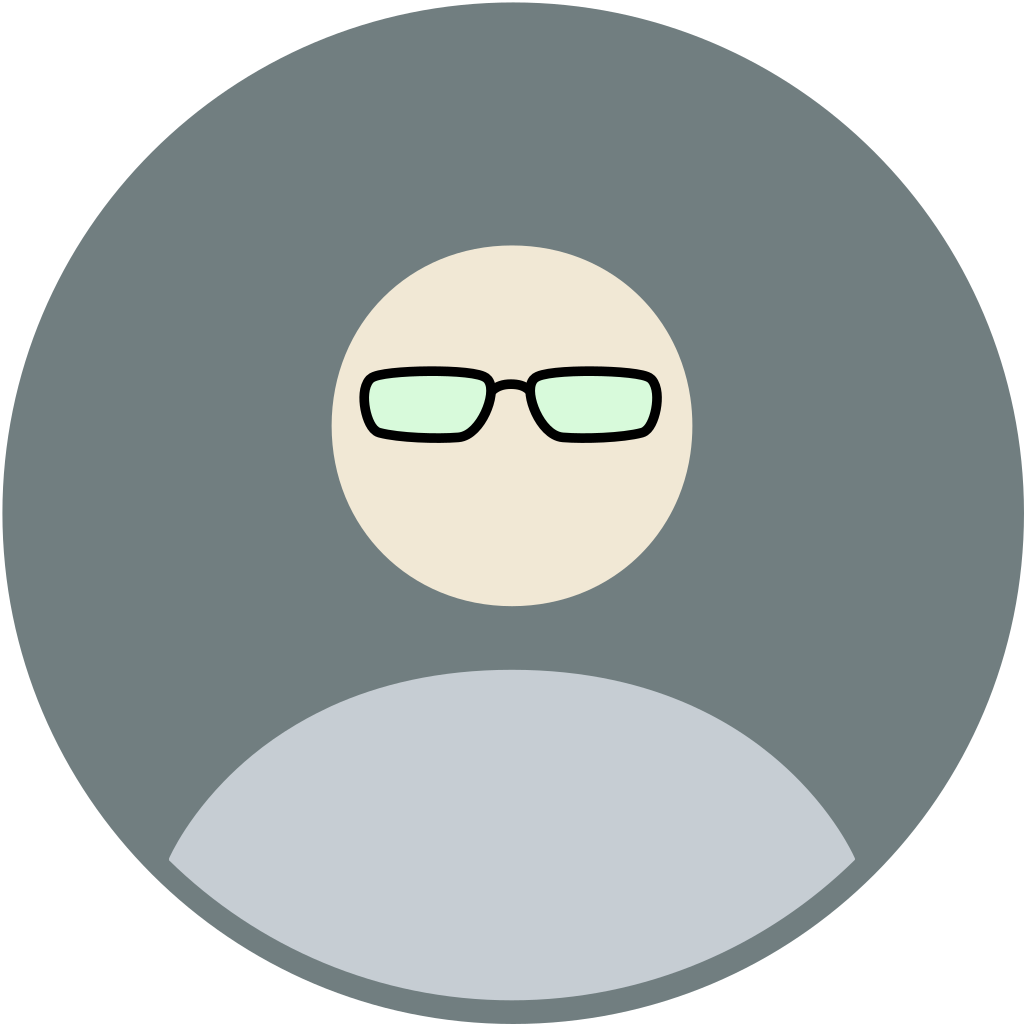- cross-posted to:
- hardware@lemmy.world
- cross-posted to:
- hardware@lemmy.world
Gonna say what everyone haven’t: the display is great to read but that’s it. The hardware is mediocre at best, and SolOS is unimpressive. At $730 it’s DOA since the iPad Air M2 exists and you can watch streaming on that.
$730 is really something. I guess I’m just not rich enough to even consider that kind of price. I mean, I can just get a used e-ink reader for like… 40 bucks or less and have 90% of the experience
So far, this thing doesn’t seem like a very impressive tablet. But Daylight is more a display company than a tablet company — and the display is pretty great.
Hmm.
kagis
It looks like you can get this RLCD stuff as a computer monitor, too.
https://www.sunvisiondisplay.com/product/The-rE-Monitor-Featuring-32-Color-RLCD-Technology
full color RLCD computer monitor A vacation for your eyes
With SVD’s groundbreaking reflective LCD technology, you get all the benefits of LCD monitors without all the headaches —zero blue light emissions, no backlight-related flickering, and brightness perfectly matched to your surroundings.
If laptop screens could be disconnected so that one could swap a display of different type in, I imagine that it’d be nice to swap one of these in if you wanted to work outside.
Not really new. It’s basically LCD without backlight. So, higher resolution GBC / GBA alike screen.
LCD + optional backlight + mirror.
Reminds me of my old Nokia 3650… no smartphone has come close to it in daylight readability for over 20 years.
Or the N900 which even had fluid animations and scrolling which this company still seems to struggle with
It had a transflective screen too??
I kind of dropped out of the Nokia world once they switched to Maemo. Used to develop stuff for Symbian, Flash, and WAP, but then rode that 3650 all the way into Android on a Nexus One.
I get that this one is more of a tech demo for large format transflective. If they made it a color screen, at a decent resolution, that could be interesting… but outdoor use also means they need to ruggedize it a bit, hm.
Oh man you missed the pinacle of Nokias phones. The possibilities of the N900 where endless back then. Emulators, IR Blaster, High Quality Camera (for back then), all the Linux software, free Wifi everywhere (Because everybody still used WEP and the N900 would crack the password in like 20 seconds) and so much more. The transreflective screen 800x480 worked incredibly well. Low power and still very good visibility, only in bright sunlight the colors were washed out. I always wondered why they never used this technology in modern devices.
Then the N9 which lacked some features, but was so handsome and user friendly. It had an OLED but also the Clear Black technology which prevented the screen from reflecting to much sunlight, making it readable in the sun even though it had much lower brightness than todays OLEDs.
Sadly all this was killed by Elop who came from Microsoft and tried to push Windows phone, slowly downgrading the amazing hardware till Nokias phone branch was dead.
I find the screen technology itself to be interesting, but it’s more a competition to e-ink devices than to common tablets. However, the price is too high to be well received, unfortunately. I love reading devices, but the best I could do is a 10yo refurbished one. I wonder why they’re always so expensive…
🤖 I’m a bot that provides automatic summaries for articles:
Click here to see the summary
There’s a big piece of paper in the San Francisco offices of Daylight Computer, with a list written in purple ink of all the kinds of devices the company hopes to one day make.
And as CEO Anjan Katta shows me around the office, the rest of the team is preparing for a launch party for its first device, a tablet called the DC-1, it’s clear he’s worried about how the world will respond to his big idea about the future.
Instead of modeling themselves off of purveyors of high tech like Apple or Samsung, Katta and Daylight seem to idolize companies like Patagonia, which both made good things and stands for something.
I like the speckled back and the clicky buttons, but I can’t stop noticing the very slightly misaligned ports or the fact that I can slide my fingernail between the display and the case and literally pry the thing apart.
Live Paper is actually designed to solve some of the weaknesses of E Ink — particularly its slow refresh rate and the ghosting that leaves faint impressions of stuff on the screen for too long.
He hasn’t solved all of them — the DC-1 doesn’t do color, which Katta tells me is technically possible but causes a bunch of other compromises — but the Daylight team has managed to make a 10.5-inch reflective LCD that is almost as easy on the eyes as E Ink and almost as responsive as a typical tablet screen.
Saved 84% of original text.







